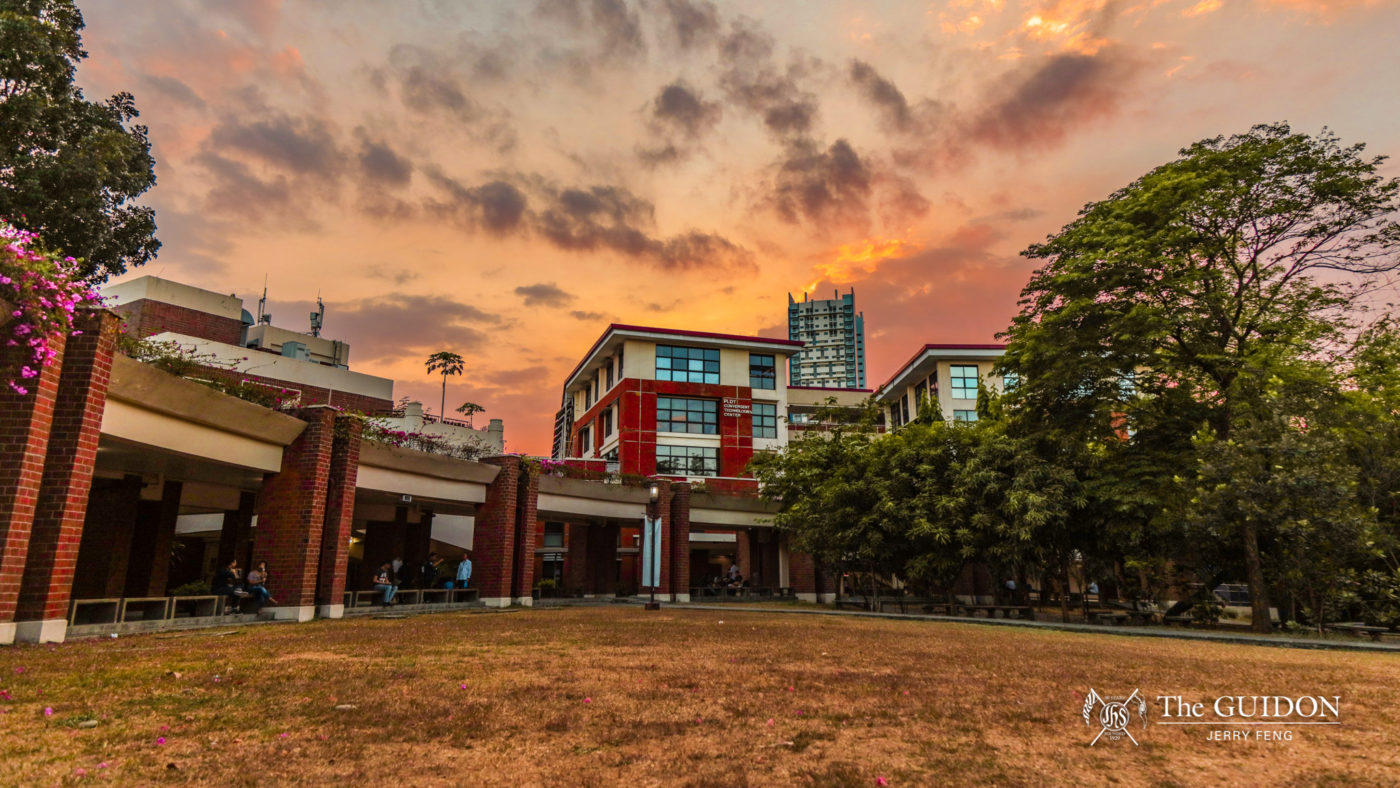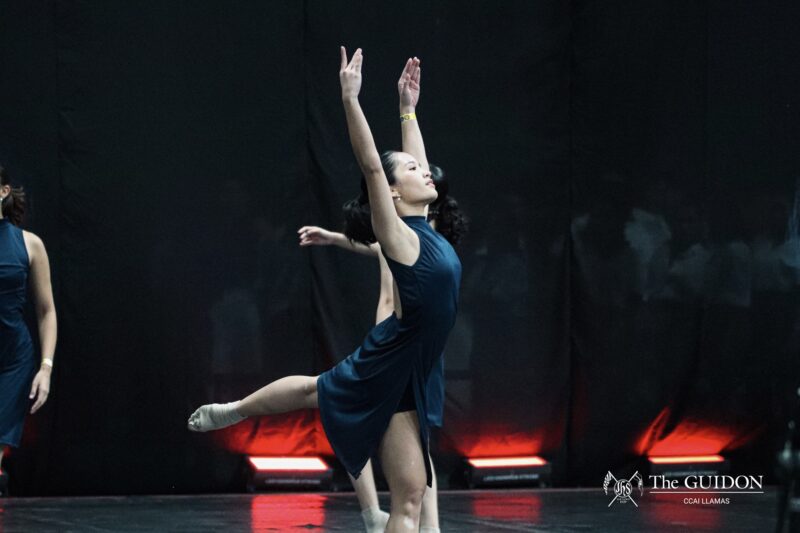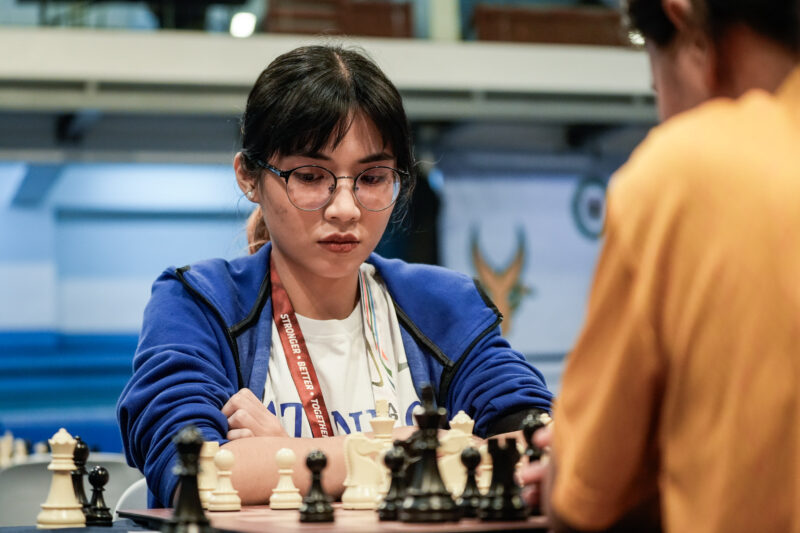AMID ITS shift to online learning, the University announced the establishment of the School of Education and Learning Design (SEALD), the fifth Loyola School set to open in August 2021.
According to a memorandum from the Office of the President, SEALD will be more than just a “traditional” teacher training school as its programs aim to promote the science and art of designing learning. Vice President for the Loyola Schools Maria Luz Vilches, PhD added that SEALD aims to offer an innovative and unique approach to Philippine education given the current context of the COVID-19 pandemic.
“A good idea worth pursuing has to be pursued despite the pandemic. All the more reason for now to do this since this situation is a big challenge to education and how to craft learning and teaching in a time of constraint,” Vilches said.
Forming SEALD
Former Acting Dean of the School of Arts and Sciences Ma. Assunta Cuyegkeng, PhD explained that she first proposed the idea 20 years ago, when the administration was restructuring the School of Arts and Sciences.
She claimed that they had to revise the initial proposal because the needs of Philippine education have changed since then—particularly in terms of education technologies and the government’s regulatory requirements.
“We want to approach [Philippine education] from a very holistic perspective that draws upon Jesuit education [and] principles. We want it to be innovative and collaborative,” said Cuyegkeng.
She added that Ateneo Science and Art of Learning and Teaching Institute (Ateneo SALT Institute) Director Johnny Go, SJ updated the current proposal based on consultations with different Loyola Schools stakeholders. Vilches explained that there were consultations with faculty members, the President’s Council, and the Executive Committee of the Board of Trustees.
Vilches also said that the initiative took 20 years of careful discernment to mature the idea to a certain “level of readiness.”
“What kind of a school of education should Ateneo de Manila establish that will not just duplicate any of the existing ones in many schools in the country? Is the institution ready with all that this new school entails? […] These and many others contributed to the time it took for this school to be set up,” said Vilches.
Cutting edges
The University stated that SEALD will house the Education Department, which is currently under the School of Social Sciences, as well as the Department of Educational Leadership and Department of Catholic Education Philosophy and Practice. It will also house the Ateneo Teacher Center as its arm for teacher training, the Ateneo SALT Institute for research and innovation, and the Pathways for Higher Education for outreach.
According to Vilches, it will also offer educational programs at the master’s and doctorate levels based on the current offerings of the Education Department. She added that although each Loyola School has its own distinct character, SEALD will share the same Ignatian values, principles, and processes with the other schools.
However, Vilches stated that it is challenging to establish SEALD’s relevance amongst other prominent educational institutes in the Philippines. With this, the school’s proposal document presents a three-fold strategy for contributing to Philippine education: Capacity-building, knowledge-building, and network-building.
She further explained that this strategy will be implemented by offering programs with other teacher education institutions, establishing high-impact research about educational reform, and collaborating with public and private sectors in educational reform efforts.
“[SEALD] will not be just another addition to the country’s proliferation of schools of education or teacher education institutes, but will be designed as a much-needed reimagination of doing education aimed at addressing current issues and challenges in Philippine education, while purposefully taking advantage of 21st-century learning sciences and technology,” she stated.
Educational reform
Cuyegkeng hopes that the establishment of SEALD will continue the Ateneo tradition of using different strategies to form teachers and programs. “You have a lot of people in the Ateneo who have that kind of mindset, so I’m very optimistic that we will have the right people who will make things work,” she said.
Similarly, Vilches believes that the Ateneo community’s passion for educational reform will lead to the new school’s success. She also hopes that the new school will allow the Ateneo to contribute nation-building efforts with greater impact.
“[These are] exciting times. […] I am confident that [SEALD] will take off with a good start knowing the passion that the community has for educational reforms in the country. It will also give synergy to all educational reform efforts in the Loyola Schools,” Vilches said.







